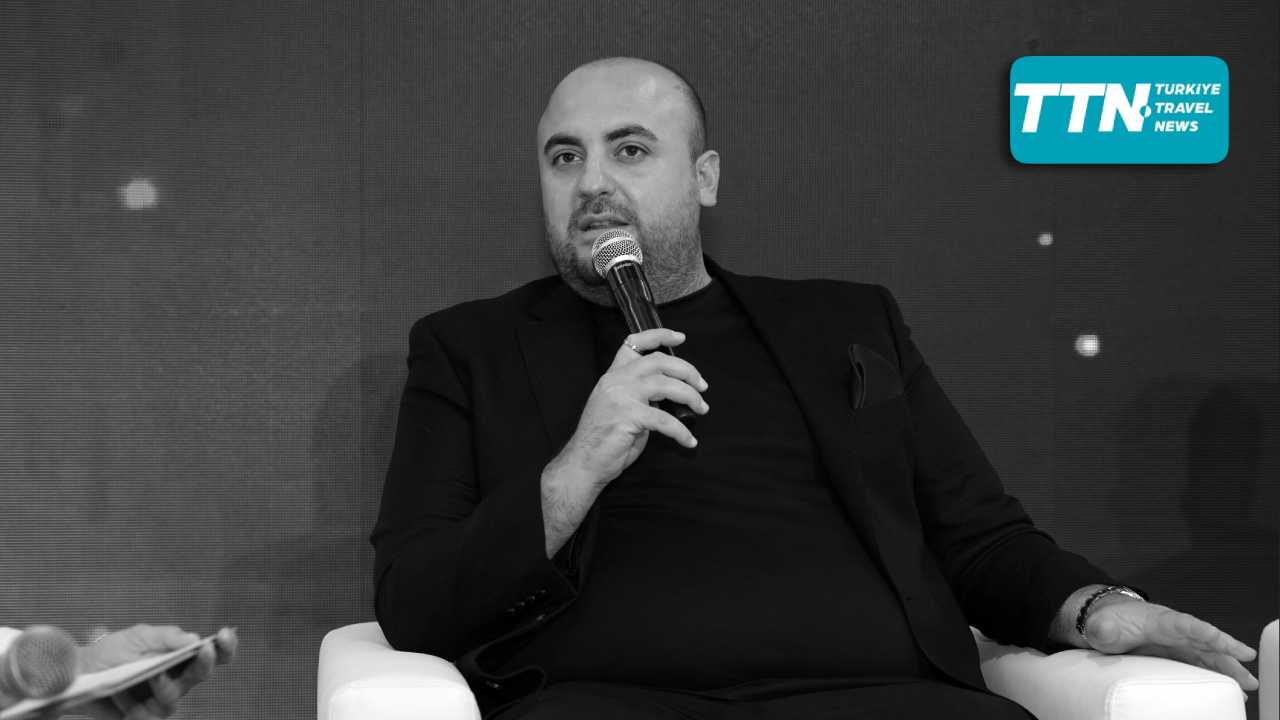Speaking at the panel “2025 Season Review and 2026 Expectations (Domestic Market)” during the Istanbul Tourism Fair, Tolga Kilit emphasized that the perception of Türkiye being “too expensive” in European markets was misleading and had negatively affected early booking performance.
Early booking fell short amid “Türkiye is expensive” perception
Kilit described 2025 as a challenging year that did not fully meet expectations. “The early booking period did not perform well for most operators. Inflation-driven pricing created a perception in Europe and the UK that Türkiye was expensive. This perception led to weaker results in the early season,” he explained.
Domestic market became more competitive
As a result, the season was heavily dependent on last-minute sales, which led to significant fluctuations in pricing. “The sector was unable to apply the usual method of securing a share of capacity early on. This had negative effects on some markets, while benefiting others. Many companies, including us, adopted an unusually aggressive strategy in the domestic market,” Kilit said.
Revenue and profitability goals not met
While the group managed to surpass last year’s figures, it still fell short of its own financial expectations. “We matched and slightly exceeded last year’s results, but our targets were higher. The misrepresented perception that Türkiye was expensive forced us in some markets to reduce prices below the levels we had set the previous year,” Kilit noted.
Lessons for pricing strategy
According to Tolga Kilit, 2025 provided valuable lessons on pricing and early booking policies in an inflationary environment. “Over the past two years, hotels needed to find the right balance in pricing to ensure sustainable service quality. We now see that pricing has settled at a certain level. Next year, we expect to start the season at a more optimal point and build on that,” he said.
Employment and the role of all-inclusive tourism
Highlighting Antalya’s importance, Kilit noted that the city hosts 850 four- and five-star hotels and resorts. With a population of 2.5 million, Antalya’s workforce swells to 4 million during the summer months. “We employ around 11,500 people. Had we not entered the hotel business in 2004 and expanded to our current capacity, how would we have created this level of employment and contributed to Antalya, Türkiye, and Turkish tourism? Without the all-inclusive model, we could not have hosted such large numbers of guests,” he stated. Kilit suggested that future strategies should focus on diversifying tourism offerings and segmenting the all-inclusive model.
Optimism for 2026
Looking ahead, Kilit expressed cautious optimism. “Early booking will be critical, and we expect a highly competitive campaign. It is essential to focus on Europe and the UK and to correct the operators’ perception that Türkiye is expensive. We believe our pricing is fair for the level of service provided. If we can maintain this, growth will follow. I can say with confidence that 2026 will not be worse than this year,” he concluded.






